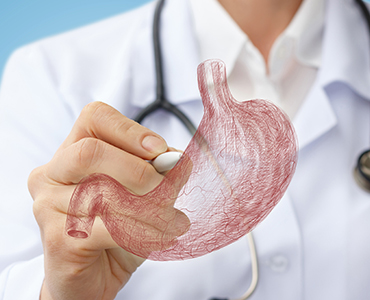
Gastrointestinal System
The digestive system, often referred to as the body's "food processor," is a complex network of organs responsible for breaking down food into nutrients that can be absorbed and utilised by the body. This remarkable process begins in the mouth, where saliva mixes with food to start the digestion of carbohydrates. As food travels down the oesophagus, it enters the stomach, where gastric juices further break it down into a semi-liquid substance known as chyme.
The small intestine, the primary site of nutrient absorption, receives chyme from the stomach. Here, enzymes from the pancreas and bile from the liver aid in the digestion of proteins, fats, and carbohydrates, while specialised cells absorb these nutrients into the bloodstream for distribution throughout the body. The remaining indigestible material passes into the large intestine, where water and electrolytes are absorbed, and the waste is formed into stool.
Several organs play critical roles in the digestive process, including the liver, gallbladder, and pancreas. The liver produces bile, which helps emulsify fats, while the gallbladder stores and releases bile into the small intestine. The pancreas secretes enzymes that further break down carbohydrates, fats, and proteins.
Maintaining a healthy digestive system is essential for overall well-being. Eating a balanced diet rich in fiber, staying hydrated, and practicing mindful eating habits can support optimal digestive function. Regular exercise and managing stress also play significant roles in promoting digestive health.
CONTACT INFO :
Contact number: +606-648 8116 | +6011-3593 6304 (WhatsApp)
Email: [email protected]
Opening Hours:
Monday to Friday: 8.00 am – 5.00 pm
Saturday: 8.00 am – 1.00 pm
Sunday & Public Holidays: Closed
24-hour availability for inpatients and emergency cases
Location: First Floor, Outpatient Clinic B


